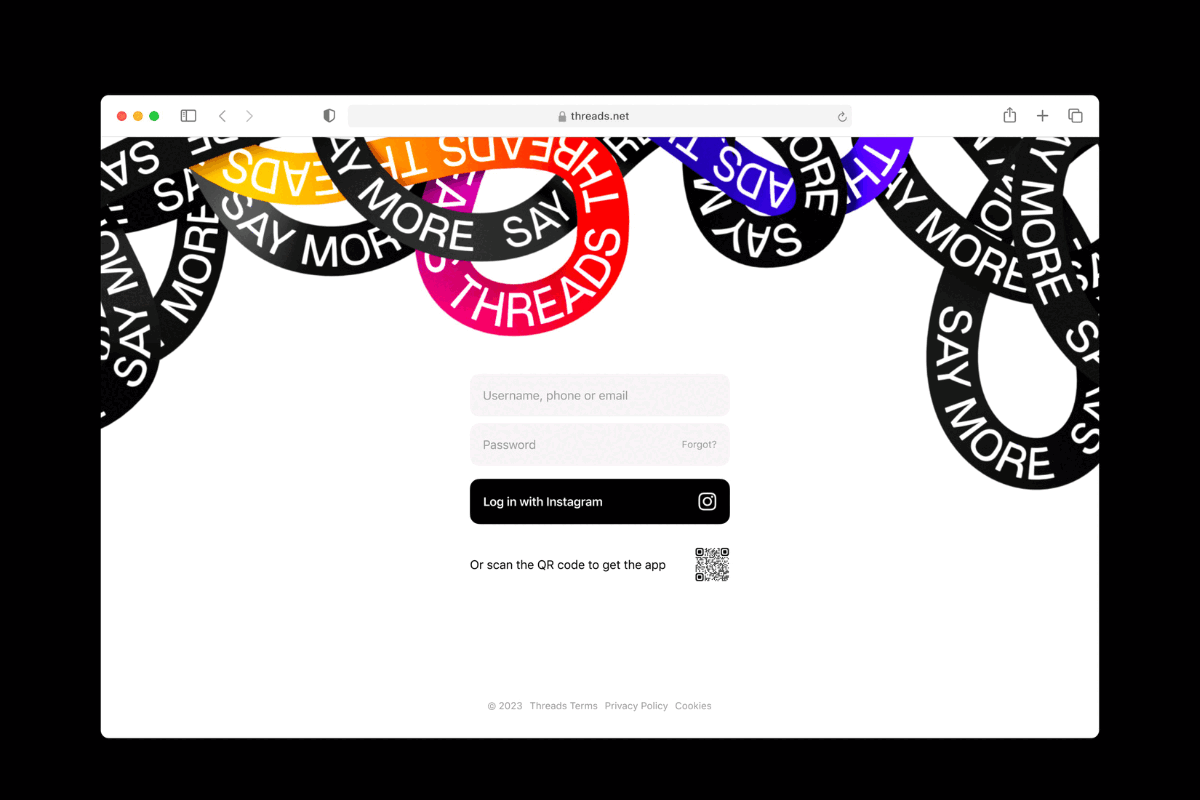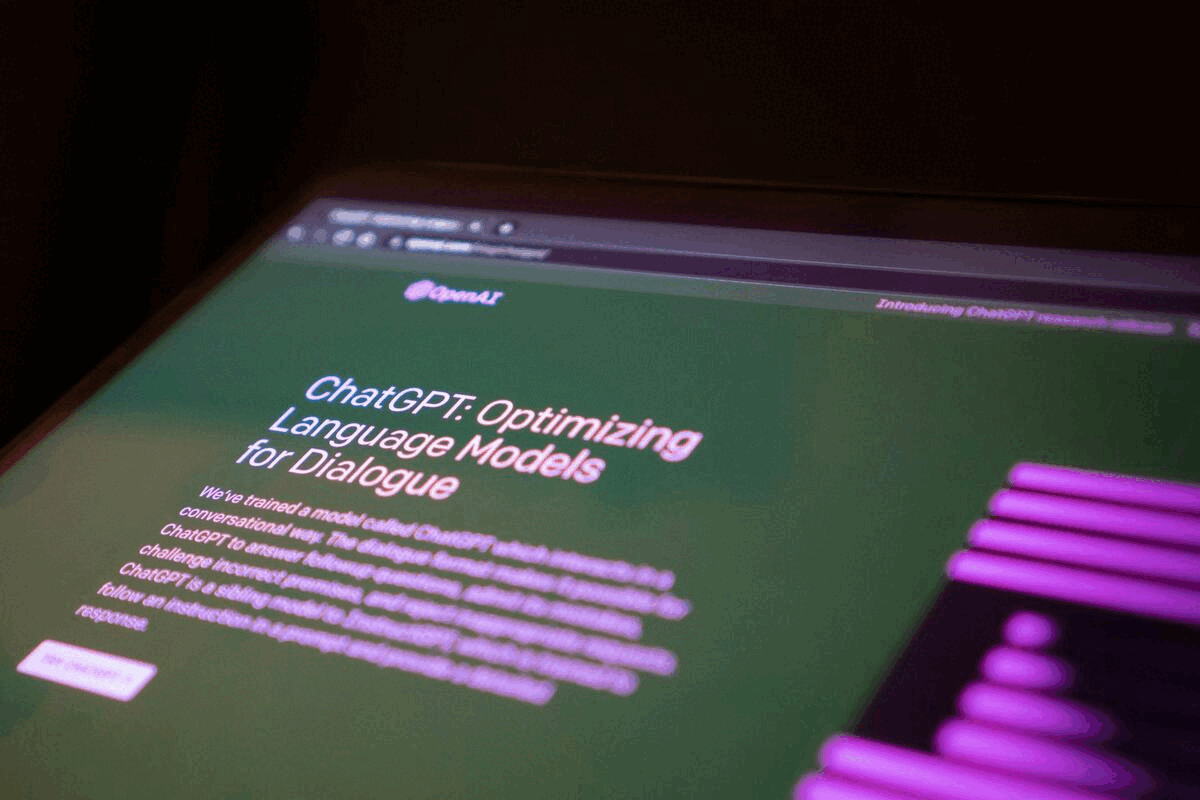Leaked documents reveal the scale of Ubers lobbying to support its global expansion
- Monday, July 11th, 2022
- Share this article:
 Taxi firm Uber flouted local laws, duped police, exploited violence against drivers and secretly lobbied governments during its aggressive global expansion, the Guardian reports.
Taxi firm Uber flouted local laws, duped police, exploited violence against drivers and secretly lobbied governments during its aggressive global expansion, the Guardian reports.
The Guardian’s report is based on a leak to the newspaper of more than 124,000 documents – known as the Uber files – which, it says: “lays bare the ethically questionable practices that fuelled the company’s transformation into one of Silicon Valley’s most famous exports.”
The documents cover a five-year period between 2013 and 2017, when Uber was run by its co-founder Travis Kalanick, and reveal how Uber tried to shore up support for its global expansion by courting prime ministers, presidents, billionaires, oligarchs and media barons. It includes more than 83,000 emails, iMessages and WhatsApp messages, including texts between Kalanick and Emmanuel Macron, who secretly helped the company in France when he was economy minister, allowing Uber frequent and direct access to himself and his staff. One document suggests that Uber planned to spend $90m on lobbying and public relations in 2016 to counter the backlash against the company.
The Guardian has shared the data from the files with media organisations around the world via the International Consortium of Investigative Journalists (ICIJ). More than 180 journalists at 40 media outlets including Le Monde, Washington Post and the BBC will publish their own reports based on the files, in the coming days.
The files document meetings held between Kalanick and Joe Biden, Emanuel Macron, the Irish prime minister, Enda Kenny, the Israeli prime minister, Benjamin Netanyahu, and George Osborne, who was the UK’s chancellor at the time.
According to the Guardian’s report, Uber enlisted the backing of powerful figures in Russia, Italy and Germany by offering them financial stakes in the startup. It also paid prominent academics hundreds of thousands of dollars to produce research that supported the company’s claims about the benefits of its economic model.
But in emails contained in the leaked documents, staff referred to Uber’s “other than legal status” in many countries, while Nairi Hourdajian, Uber’s Head of Global Communications, in a message to a colleague in 2014, amid efforts to shut the company down in Thailand and India, wrote: “Sometimes we have problems because, well, we’re just fucking illegal.”
In a statement issued to the Guardian in response to the leak, Uber admitted to “mistakes and missteps”, but said it had been transformed since 2017 under the leadership of its current chief executive, Dara Khosrowshahi.
“We have not and will not make excuses for past behaviour that is clearly not in line with our present values,” it said. “Instead, we ask the public to judge us by what we’ve done over the last five years and what we will do in the years to come.”
















